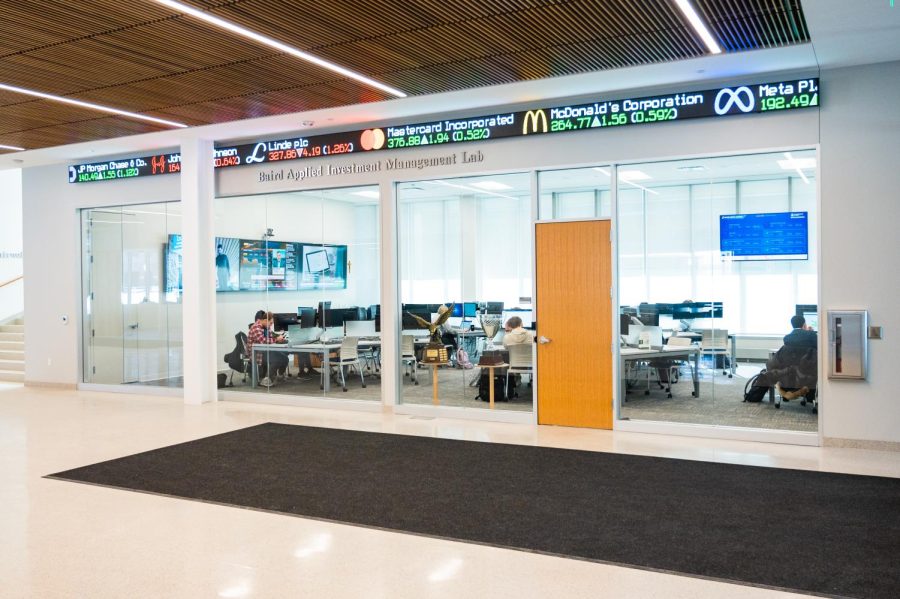Last month, full time undergraduate students voted on a student referendum to gauge support for fossil fuel divestment. The referendum was presented by Fossil Free Marquette, which is a student organization, and put on by Marquette University Student Government. The results showed that a majority of voters supported full divestment within five years.
The referendum called for full divestment of fossil fuel companies. This would mean that Marquette would sell off any fossil fuel investments that make up its $700 million endowment fund.
“I don’t think that anyone disagrees on divestment, it’s just a matter of when,” Xavier Cole, vice president of student affairs, said.
However, student support of fossil fuel divestment doesn’t guarantee that divestment will occur. The results of the referendum only indicate student’s interest, it isn’t a final decision on the state of the endowment fund.
“The entire university is affected by the endowment fund, not just student’s tuition. It’s the lifeblood of Marquette and its future,” Cole said.
Fossil Free Marquette’s main argument is that investment in fossil fuels doesn’t line up with Marquette’s Jesuit values. This prompted them to bring about the student referendum calling for full divestment within five years.
“The idea of investment in fossil fuels having a moral component, we agree (with students) more than we disagree,” Sean Gissal, chief investment officer, said. “It’s the timeline of how and when we divest where we disagree.”
Yet, Gissal said that the university shareholder engagement has been Marquette’s first choice. They start by directly engaging with the companies they work with, and divestiture has been seen as a “last resort.”
Gissal could not give a definitive timeline on fossil fuel divestment because he does not singlehandedly oversee the endowment fund. He said that decisions about the endowment fund are made by the Board of Trustees, which University President Michael Lovell is a part of.
“As of March 31, 2021, the university has reduced direct investments in fossil fuels such as oil and gas holdings to represent approximately 1-2% of the university’s endowment,” Kevin Conway, university spokesperson, said in an email.
However, Gissal said that around $5 million of the endowment is invested directly in oil and gas, and there is about $1.5 million in clean energy and resources.
The issue of divestment has been around prior to the student referendum. Gissal said that divestment has been a topic of discussion every year throughout his 16 years at Marquette and that the university has already taken steps to divest.
“Over time, we have shifted our holdings to cleaner energy investments based on market trends and opportunities, while also upholding our fiduciary responsibility to our endowment,” Conway said in an email.
Even though the university may work towards full divestment, the current fossil fuel investments do have a financial strategy behind them.
“They’re meant to be a diversifier to protect the portfolio. The endowment is managed consistent with the risk that the university can afford. The idea of diversification is more important than ever,” Gissal said.
Though the university still has investments in fossil fuels, Conway said they are being conscious about the way the endowment fund impacts the environment
“Marquette works to partner with investment managers who are signatories of the Principles of Responsible Investment and who incorporate impact investing to help reduce the overall carbon footprint of the endowment,” Conway said in an email.
Both Gissal and Cole attended the MUSG senate meeting on Monday to understand the results of the student referendum and to answer questions from MUSG senators and other students. Gissal said he plans to bring up the results of the referendum to the Board of Trustees in his annual endowment presentation and conversations with the Board of Trustees which will take place over the next two weeks.
This article was written by Megan Woolard. She can be reached at megan.woolard@marquette.edu











